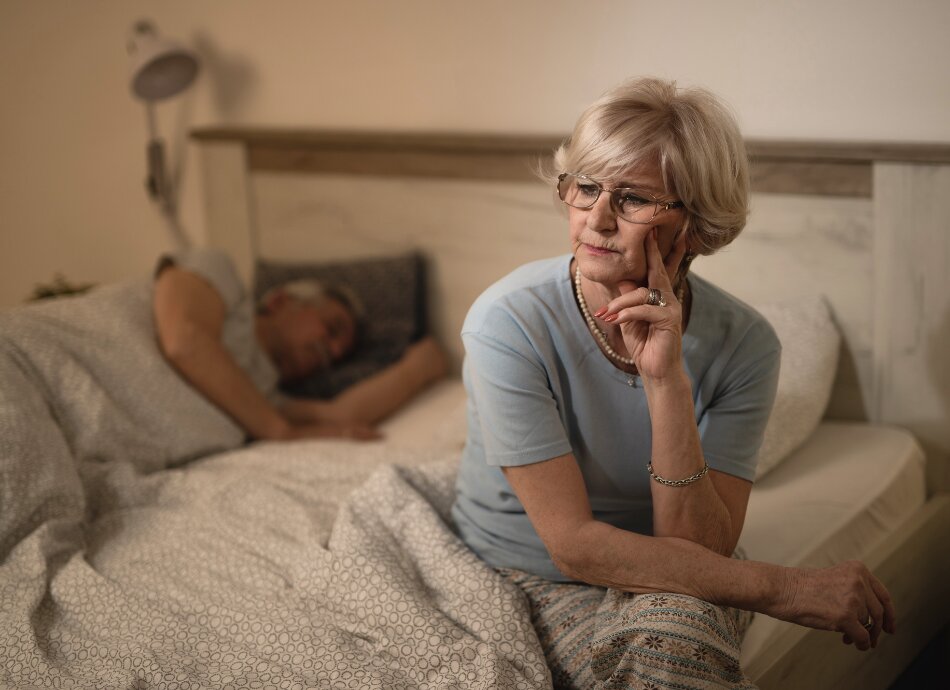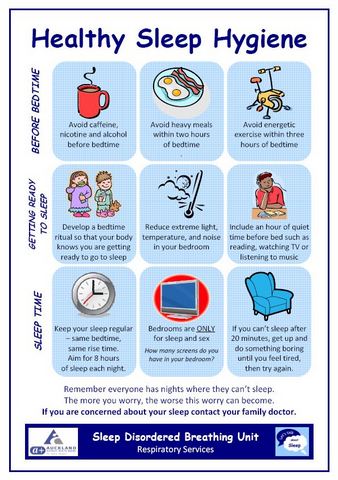Snoring is caused by the vibration of your tongue, mouth, throat or airways in your nose when you are breathing. This happens as these parts of your airway relax and narrow when you are asleep.
You are more likely to snore if you:
- sleep on your back
- are overweight and obese
- are drunk
- take sleeping pills
- are a smoker
- have a low soft palate
- have big tonsils or adenoids.








